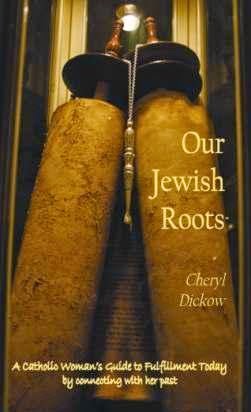When HaShem (God) dictated the Torah to Moses, that Written
Law, or Torah She’bi-khetav, made God’s laws known to His people. This Truth, in all its glorious revelation,
was to provide the Jewish people with instructions for daily living, how to
celebrate their holidays, and the ways in which they should worship their Creator. The Torah is also unambiguous on the
behaviors that should be avoided and gives clear directions for atonement of
sins committed. Although the Written Law
was considered complete, traditional Jewish teaching is that Moses also
received a second set of laws called Torah She’bi-al peh: the Oral Law. Accompanying the Written Law, the Oral Law
gave the finer details on how the Written Law was to be fulfilled. For instance, work was forbidden on the
Sabbath but the people needed to know, more specifically, what constituted
“work.” Thus, the need for the Oral Law.
This Oral Law, then, was given to Moses who gave it to Joshua. Joshua,
then, told the Elders and the Elders then told the Prophets. This transmission took place during the First
Temple Era and spanned the approximate years of 950 to 586 B.C.
By the time of the prophet Ezra, around 490 B.C. in the
early second temple era, a group of Levites would be at the side of the scribe
and priest giving an oral interpretation to what was being read from Torah
She’bi-khetav. It was also during this
time of the Great Assembly that the oral law was collected and eventually, with
the destruction of the second temple, put into an outline form known as the
Mishnah. The Mishnah was completed in
188 A.D. and was meant to provide a means for students of the Torah
She’bi-khetav to better remember the holy book.
With time the need for more in-depth analysis of the Mishnah grew and
resulted in a work of explanations called gemara. Together, the gemara and the Mishnah make up
what is called the Talmud.
Catholics, too, have always believed that the bible is the
word of God, And, like the Chosen
People, Catholics have relied on other sources to deepen their understanding of
Scripture, knowing full well that nothing could ever add to Scripture or
detract from Scripture but only shed light upon it. We, as Catholics, believe and trust in the
Holy Spirit to guide us, individually and collectively, in knowing God fully
through His word. Indeed, the Church,
being guided by the Spirit, existed before the New Testament and had to rely on
the oral transmission of the life of Christ before the Holy Spirit guided
different people to record these accounts.
And then, again, the Holy Spirit was relied upon to gather and determine
which works would become the New Testament.
Catholics believe that the Holy Spirit has been at work in
the development of both the New Testament and in its teaching. Like our Jewish ancestors, we recognize that
God, through His Spirit, deems certain people more capable of this task than
others. This isn’t to say that the
average lay Catholic does not have an informed opinion about Scripture but that
we look to the Magisterium as the final authority. We do, we should, and we do well to
diligently study Scripture.
In the early years of the Church, local communities were
each led by a bishop whose job it was to give a faithful, and Spirit led,
transmission of Christ’s life and His work. Along with passing on the faith,
Bishops were expected to defend it and work towards the unity that Christ
intended. Today, lay Catholics continue
to delve into the Word of God, learning and exploring the holy writings that
intimately connect us to our Creator.
But Catholics also recognize the role that the Pope and Bishops play in
edifying, for us, the Word of God. We
are blessed to turn to papal encyclicals, the Catechism, and numerous letters
and documents that cover a vast array of topics from abortion to family matters
to work to war. Just like the Jewish
people turn to the Talmud to deepen their understanding of Torah, we turn to
these sources with the same intention. Believing
that Christ did not leave us bereft, we have trusted in the Spirit’s guidance
of our Magisterium and will continue to do so in the millennia ahead as we
eagerly await His return.

